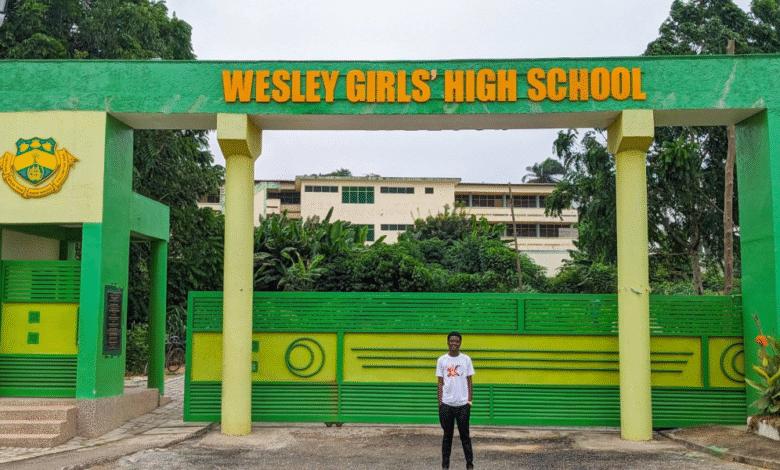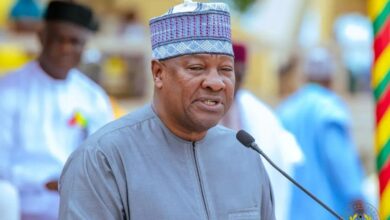Christian Mission Schools won’t dilute their identity ŌĆō Catholic Bishops, ┬ĀChristian Council Declare

The Ghana Catholic BishopsŌĆÖ Conference (GCBC) and the Christian Council of Ghana (CCG) have jointly declared that Christian mission schools will not be compelled to dilute their religious identity despite ongoing national debate over whether non-Christian students, particularly Muslims, should be allowed to fully practise their faith within these institutions.
In a statement issued in Accra on 25 November 2025, the two Christian bodies described the controversy as ŌĆ£one of the most sensitive and widely debated issues in the national educational landscape,ŌĆØ stressing that their position is neither discriminatory nor antagonistic but grounded in the historical purpose and foundational philosophy of mission education in Ghana.
They argued that long before the emergence of the Ghanaian state, Christian missions had already established schools, acquired land, built facilities, and shaped the moral and academic culture that continues to define these institutions. According to them, the fact that the government presently pays salaries or regulates curricula does not translate into state ownership. The statement stressed that ŌĆ£state support is a partnership, not a takeover,ŌĆØ and therefore cannot be used as justification to alter the Christian character of mission schools.
The GCBC and CCG emphasised that attendance at mission schools is voluntary, and families who choose them do so with full awareness of their Christian orientation. They maintained that it is unreasonable to expect mission schools to change their core identity when Ghana offers a wide range of alternatives, including public, private, and Islamic schools.
The statement also warned that allowing parallel religious practices such as separate prayer times, uniforms, or designated worship spaces would weaken the discipline and cohesion that have historically contributed to the strong moral reputation and academic performance of mission schools. They argued that a unified school culture remains essential for effective teaching and learning.
Citing constitutional protections for freedom of religion and association, the GCBC and CCG insisted that institutions enjoy these rights just as individuals do. They said forcing Christian schools to suppress or adjust their identity to accommodate every belief system would amount to violating the rights of the Church as proprietor.
The statement further referenced the Memorandum of Understanding validated on 15 April 2024 between Government-Assisted and Private Mission Schools, developed with the support of the National Peace Council. The MoU recognises the MissionsŌĆÖ ownership and upholds the Christian character of their schools while encouraging inclusivity within that existing framework.
The Christian leaders highlighted that the ChurchŌĆōState partnership in education has been central to GhanaŌĆÖs development, and any attempt to override the religious identity of mission schools threatens to destabilise this longstanding collaboration. They noted that Christian formation, through worship, values, and moral instruction, is not an optional component but the very essence of mission education.
The statement concluded that the position of the GCBC and CCG is firmly anchored in history, protected by constitutional law, and validated by decades of proven educational success. It added that state financial assistance must not be misconstrued as authority to redefine institutions founded and owned by the Church.
The joint statement was signed by Rt. Rev. Dr. Bliss Divine Agbeko, Chair of the Christian Council of Ghana, and Most Rev. Matthew Kwasi Gyamfi, President of the Ghana Catholic BishopsŌĆÖ Conference.








